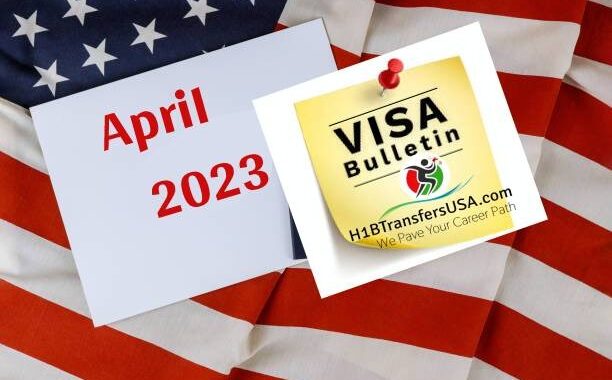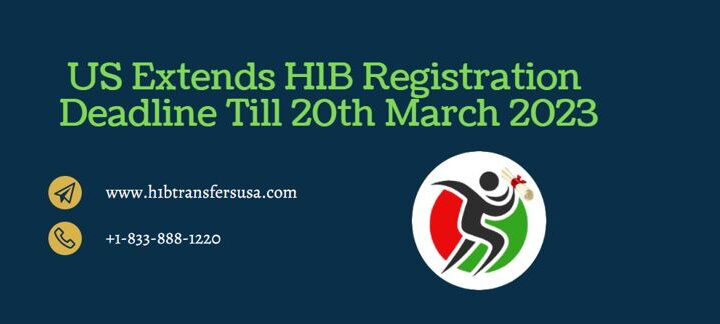Humanitarian Reinstatement Following Death of Petitioning Relative
3 min read
In most circumstances, the U.S. Citizenship and Immigration Services (USCIS) is expected to revoke an approved family-based petition for an alien relative (Form I-130) if the petitioning relative dies before the beneficiary is given an immigrant visa. However, under certain circumstances, a humanitarian reinstatement request is available as a form of discretionary relief for the principal beneficiary and dependent family members.
Eligibility for Humanitarian Reinstatement
There is no USCIS form to submit a humanitarian reinstatement request. Rather, to be considered for humanitarian reinstatement, the beneficiary or visa candidate needs to submit a written request to the USCIS office that approved the original I-130 petition, accompanied by evidence that the individual meets the below listed basic eligibility requirements:
- The USCIS must have approved the I-130 petition before the petitioner’s death.
- In cases where an affidavit of support (form I-864) is required, a qualifying substitute sponsor should submit a new Form I-864 to show sufficient yearly income to support the beneficiary.
- The substitute sponsor should be a U.S. resident or lawful permanent resident and should be at least 18 years old and have a familial relationship with the principal beneficiary. This can include a spouse, parent, grandparent, legal guardian, child, grandchild, adult son or daughter, or any in-law (including mother-in-law, father-in-law, son-in-law, daughter-in-law, sister-in-law, or brother-in-law).
- If the substitute sponsor’s income isn’t sufficient to support the beneficiary. A joint sponsor can be included to meet that financial requirement.
Note that humanitarian reinstatement should not be confused with the immigration protection given under 204(l) of the Immigration and Nationality Act (INA). More details on 204(l) benefits are available in the MurthyDotCom NewsBrief, Immigration Benefits After Death of Qualifying Relative (27. Aug.2020).
Discretionary Approval for Humanitarian Reinstatement
If the above requirements are met, the USCIS will then take into consideration a few other factors. And weigh the pros and cons of each, before deciding on the merits of a reinstatement request. Therefore, in addition to meeting the above requirements. The candidate regularly should include documentation showing that a favorable exercise of discretion is warranted.
Discretionary Factors for USCIS to Consider
As verified over, this benefit is optional, and there is no set statutory list of factors that the USCIS should consider. However, a portion of the favorable factors generally taken into consideration are outlined below:
- Disturbance of a family unit and its effect on the beneficiary’s family living in the United States. (Particularly U.S. residents, lawful permanent residents, or others lawfully present)
- Advanced age or health concerns of the beneficiary or any following-to-join family members of the beneficiary
- Whether the beneficiary previously lawfully lived in the United States for an extended period
- The beneficiary’s lack of ties to his or her home country
- Unusually lengthy government processing delays
- Any other factors in favor of reinstatement, with supporting documentation
[Updates in Visa Bulletin May Affect H-1B Extensions Beyond Six-Year Maximum]
Conclusion
Humanitarian reinstatement provides a possible avenue for immigration relief following the death of the petitioning family member. While humanitarian reinstatement is a limited discretionary form of relief, and processing times can be unpredictable. Also, it can help salvage an immigration case following the tragic death of the petitioning family member.







